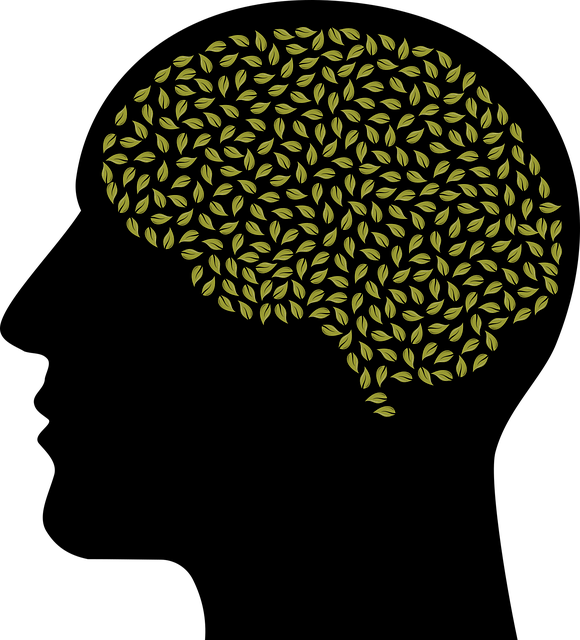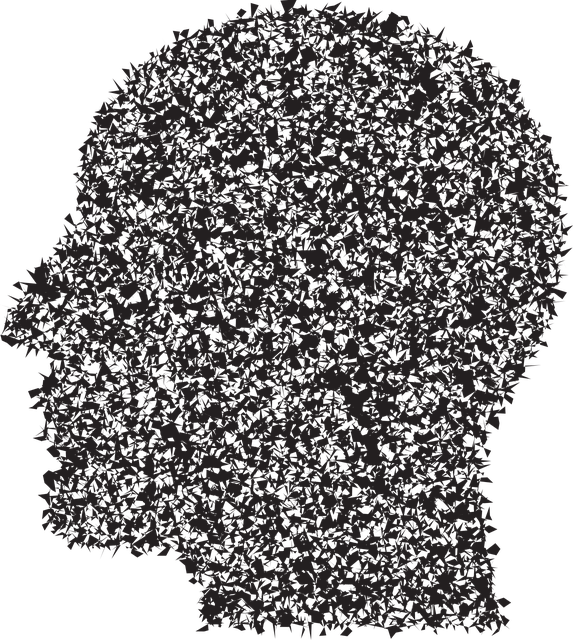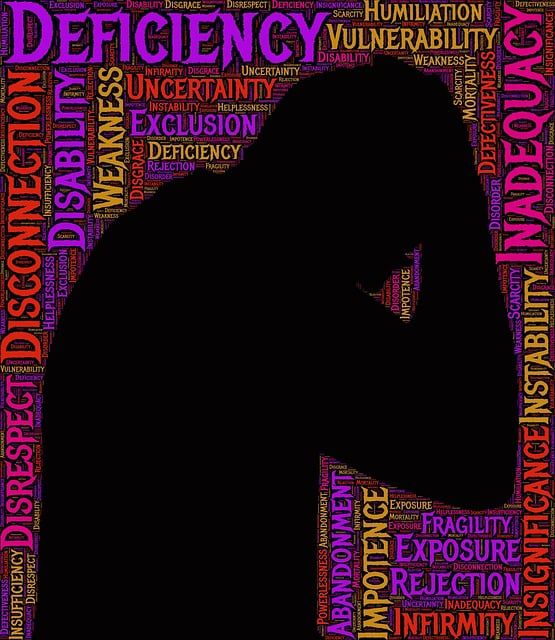In Highlands Ranch with a significant Mandarin-speaking population, improving mental health literacy is crucial due to language barriers and stigma hindering access to tailored therapy services. A specialized education program addressing common mental health topics, prevention strategies, and healing techniques in Mandarin Chinese is essential. This program incorporates evidence-based practices like compassion cultivation and offers workshops, support groups, or counseling sessions for enhanced cultural sensitivity and accessibility. Tailoring educational modules for adolescents and adults ensures engaging content aligned with their unique needs, while strategic planning, evaluation, and community feedback iteratively improve the program's effectiveness in addressing local Mandarin-speaking communities' mental health challenges.
In Highlands Ranch, where a thriving Mandarin-speaking community exists, there’s a growing need for mental health education tailored to their cultural nuances. This article explores the design of an innovative program aimed at enhancing mental health literacy among this specific demographic. We delve into key considerations, including cultural sensitivity and age-appropriate educational modules. By examining the implementation and evaluation of such a therapy program, we aim to illuminate effective strategies for promoting mental well-being within the Highlands Ranch Mandarin Chinese speaking community.
- Understanding Mental Health Literacy in Highlands Ranch's Mandarin-Speaking Community
- The Role of Cultural Sensitivity in Program Design
- Creating Effective Educational Modules for Different Age Groups
- Implementing and Evaluating the Success of the Therapy Program
Understanding Mental Health Literacy in Highlands Ranch's Mandarin-Speaking Community

In Highlands Ranch, with a significant population of Mandarin-speaking individuals, understanding mental health literacy is essential for effective support and care. This community faces unique challenges when it comes to accessing culturally sensitive therapy services, especially in languages other than English. Many Mandarin speakers may not be aware of available resources or feel comfortable discussing emotional issues due to cultural barriers and stigma surrounding mental health. Therefore, a tailored education program is crucial to enhance mental health literacy among this demographic.
The design of such a program should focus on raising awareness about common mental health concerns, such as anxiety, depression, and stress, while introducing effective prevention strategies and emotional healing processes. Incorporating evidence-based practices like compassion cultivation can foster a supportive environment, enabling individuals to seek help without fear of judgment. By offering workshops, support groups, or counseling sessions in Mandarin Chinese, Highlands Ranch’s mental health education program can bridge the gap, making services more accessible and culturally acceptable for the local Mandarin-speaking community.
The Role of Cultural Sensitivity in Program Design

In designing a mental health education program, especially one tailored to diverse communities like Highlands Ranch with a significant Mandarin Chinese-speaking population, cultural sensitivity is paramount. Programs must be inclusive and accessible, recognizing that mental health experiences vary across cultures. For instance, integrating Mandarin-language resources and culturally adapted therapeutic techniques ensures that Chinese-speaking individuals feel comfortable accessing support. This approach respects their unique traditions and beliefs while promoting open dialogue about mental well-being.
By incorporating cultural sensitivity, the program can address specific challenges faced by minority groups. It encourages participants to share their perspectives and fosters an environment where positive thinking and stress management techniques resonate with diverse backgrounds. Moreover, it facilitates a thorough risk assessment for mental health professionals, enabling them to navigate complex cultural dynamics effectively. This inclusive design aims to create a supportive space where all individuals, regardless of cultural background, can benefit from mental health education and workshops organized within the community.
Creating Effective Educational Modules for Different Age Groups

Designing educational modules for mental health programs requires tailoring content to suit different age groups and their unique needs. For instance, a program targeted at adolescents might focus on building resilience through peer support networks and teaching effective coping skills development tailored to their experiences. Incorporating interactive elements like group discussions and creative activities can enhance engagement and make learning more accessible in this demographic.
In contrast, programs aimed at adults, such as those offered by Highlands Ranch Mandarin Chinese Speaking Therapy, could delve deeper into specific stress reduction methods and cultural sensitivity in mental healthcare practice. These modules might include mindfulness exercises, cognitive behavioral therapy techniques, and strategies for managing work-life balance. By addressing the complexities of adult life, these programs can foster a profound understanding of mental well-being and encourage sustainable self-care practices.
Implementing and Evaluating the Success of the Therapy Program

Implementing a mental health education program like Highlands Ranch Mandarin Chinese Speaking Therapy requires careful planning and evaluation to ensure its success. Initially, it’s crucial to identify specific goals that align with the community’s needs, focusing on areas such as stress reduction methods and anxiety relief. Tailoring educational content to culturally sensitive topics ensures relevance and encourages participation among diverse groups.
Regular assessment of the program’s impact is essential for gauging effectiveness. This involves collecting feedback from participants through surveys and focus groups, tracking attendance rates, and measuring changes in mental health indicators. Integrating these insights allows for iterative improvements, refining the curriculum and delivery methods to better serve the community. For instance, successful components can be scaled up while less effective ones are revised or replaced, ensuring continuous enhancement and relevance in addressing local mental health challenges, including those of the Mandarin-speaking population in Highlands Ranch.
In designing mental health education programs tailored to the Highlands Ranch Mandarin-speaking community, cultural sensitivity and age-appropriate content are paramount. By integrating these key considerations, we can create effective modules that address unique needs. The success of such initiatives is measured through implementation and evaluation, ensuring a supportive environment for all participants. This approach fosters mental well-being, especially within the diverse linguistic landscape of Highlands Ranch Mandarin Chinese speaking therapy.














